How to Book an All-Inclusive Fishing Lodge Experience
There’s something magical about the combination of pristine wilderness, the gentle rocking of a boat, and the exhilarating tug of a fish on your line. All-inclusive fishing lodges offer the perfect blend of outdoor adventure and comfortable accommodations, creating memories that last a lifetime. Whether you’re an experienced angler looking for trophy catches or a novice seeking to learn the art of fishing in a spectacular setting, booking the right fishing lodge experience is crucial to ensuring your trip meets your expectations.
This comprehensive guide will walk you through everything you need to know about researching, selecting, and booking the perfect all-inclusive fishing lodge for your next adventure.
Understanding What “All-Inclusive” Really Means
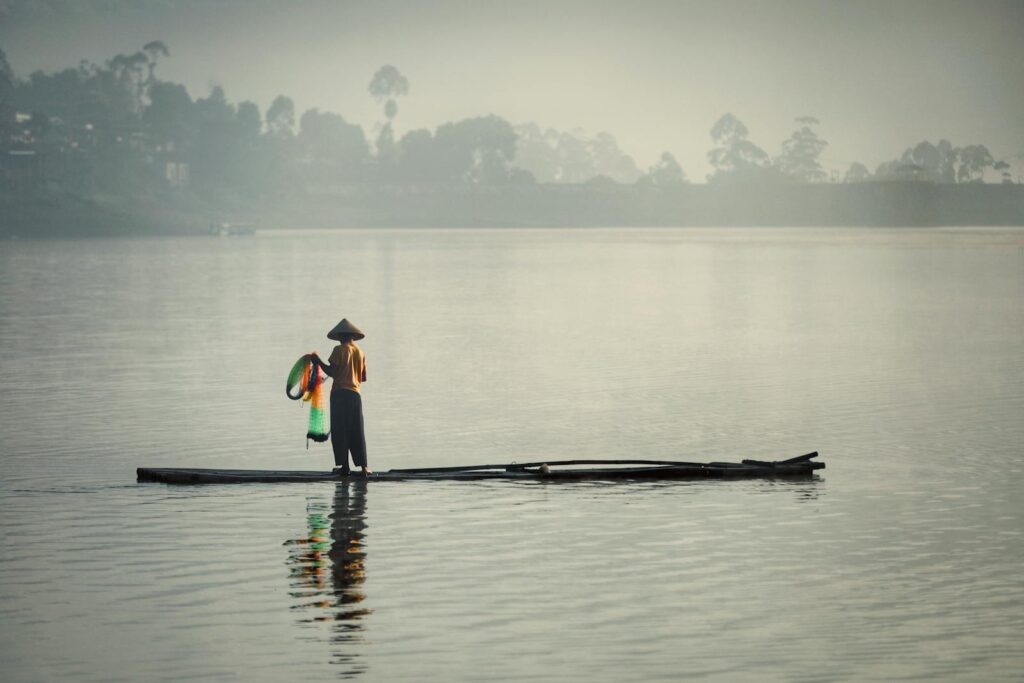
When it comes to fishing lodges, the term “all-inclusive” can vary significantly between establishments, making it essential to understand what’s actually included in your package. Most reputable all-inclusive fishing lodges will include accommodations, meals, guided fishing trips, fishing equipment, and transportation to and from fishing spots in their base price. However, some lodges might exclude alcohol, fishing licenses, gratuities for guides, or specialized fishing gear from their packages. Before booking, always request a detailed breakdown of what’s included and what will cost extra to avoid any unpleasant surprises when you receive your final bill.
Understanding these details upfront allows you to budget accurately and determine the true value of the package you’re considering.
Determining Your Fishing Goals and Preferences
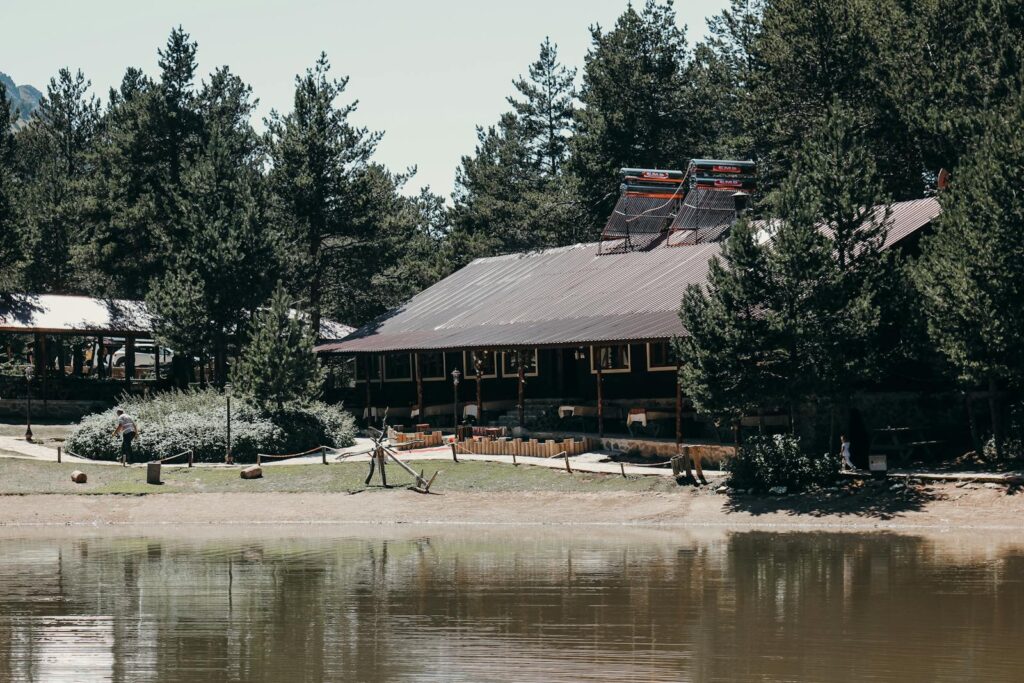
Before you start researching specific lodges, take time to clearly define what you want from your fishing experience, as this will narrow down your options considerably. Consider what species of fish you’re most interested in targeting, whether you prefer freshwater or saltwater fishing, and what fishing techniques you enjoy or want to learn. Think about your ideal trip length, as some fishing experiences are best enjoyed over a minimum of 3-4 days, while others might warrant a week or longer. Also reflect on your comfort requirements – are you looking for rustic authenticity with basic amenities, or do you prefer luxury accommodations with gourmet dining after a day on the water? Being honest about your expectations and preferences will help you select a lodge that aligns with your vision of the perfect fishing getaway.
Researching the Best Fishing Destinations
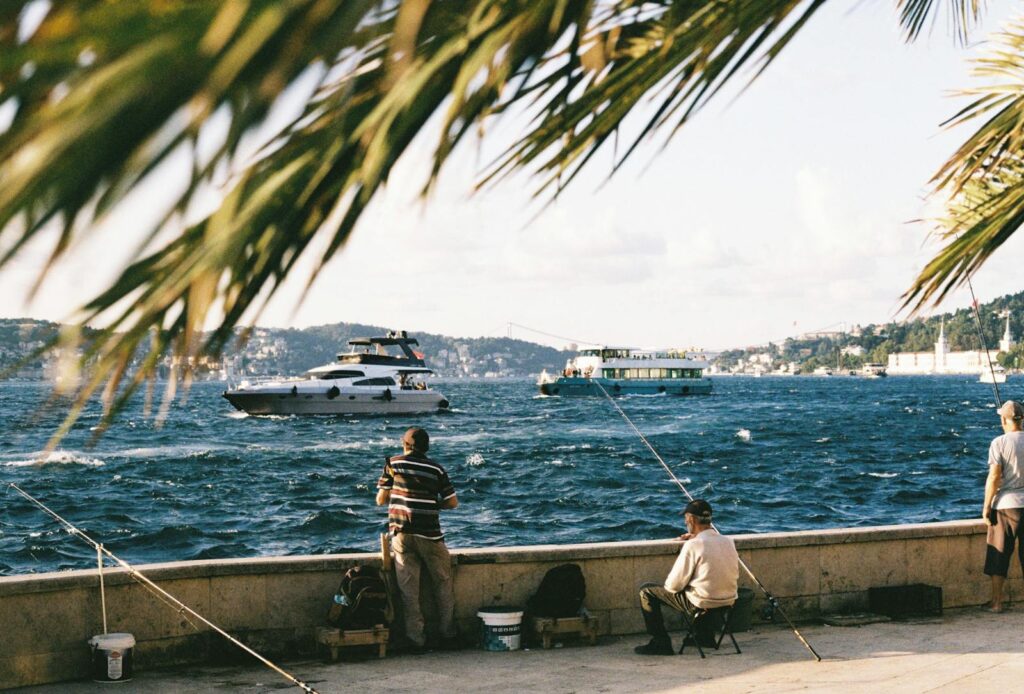
The world offers countless spectacular fishing destinations, each with unique ecosystems, fish species, and fishing experiences. North America boasts incredible options from Alaska’s wild salmon rivers to Florida’s rich saltwater flats, while Central America offers world-class destinations for tarpon and permit fishing. The Amazon basin provides extraordinary peacock bass opportunities, and New Zealand is renowned for trophy trout in crystal-clear waters. Research each region’s peak fishing seasons, which often vary by target species and can significantly impact your experience.
Climate considerations are equally important – some anglers prefer the mild temperatures of spring and fall, while others don’t mind braving summer heat or winter conditions for specific fishing opportunities. Investigate travel logistics as well, as some remote lodges require multiple flights, boat transfers, or even float planes to access.
Reading Reviews and Gathering Recommendations
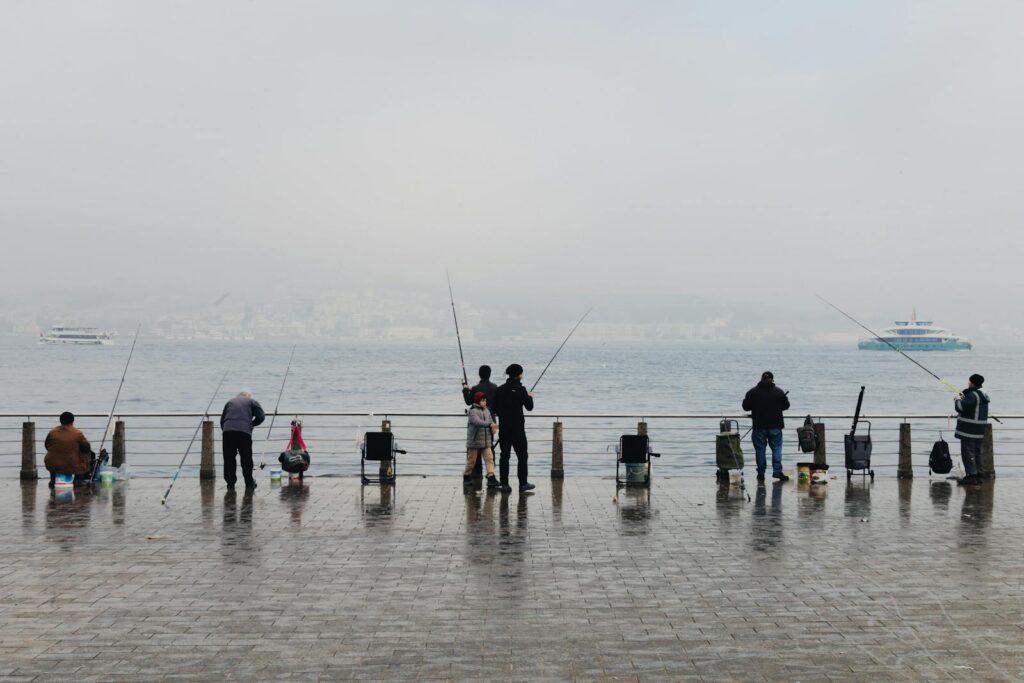
Once you’ve narrowed down your potential destinations, dive into research about specific lodges through multiple sources to get a comprehensive picture. Online review platforms like TripAdvisor can provide valuable insights, but remember to read them critically, looking for patterns rather than focusing on isolated negative reviews. Specialized fishing forums and social media groups offer authentic perspectives from fellow anglers who can share their firsthand experiences and often provide details that official websites might not mention.
Consider consulting with a travel agent who specializes in fishing expeditions, as they typically have personal relationships with lodge operators and can offer insider knowledge about which properties best match your requirements. Don’t hesitate to ask friends or fishing club members for recommendations based on their own positive experiences.
Evaluating Lodge Reputation and Experience
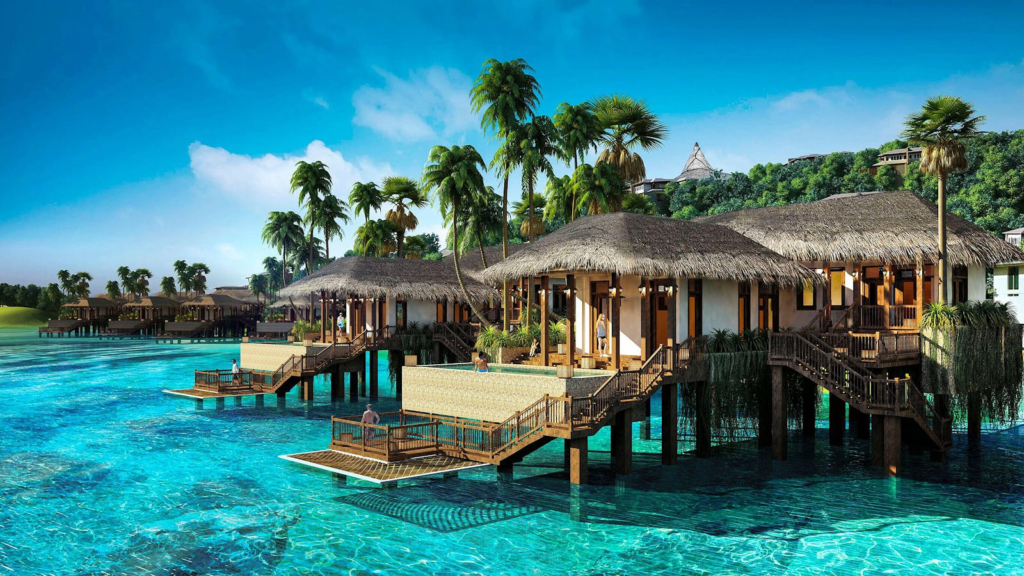
The reputation and operational history of a fishing lodge can tell you a lot about the experience you can expect. Established lodges with many years in business typically have refined their operations, built relationships with skilled local guides, and created systems that ensure consistent quality experiences for their guests. Research the lodge’s ownership and management – lodges run by passionate anglers often provide more authentic and knowledgeable fishing experiences than those operated purely as business ventures. Inquire about guide qualifications and experience, as your guide will be instrumental to your fishing success and overall enjoyment.
The best lodges employ guides with extensive local knowledge, safety training, and the interpersonal skills to work well with different types of anglers, from beginners to experts.
Analyzing Fishing Reports and Success Rates
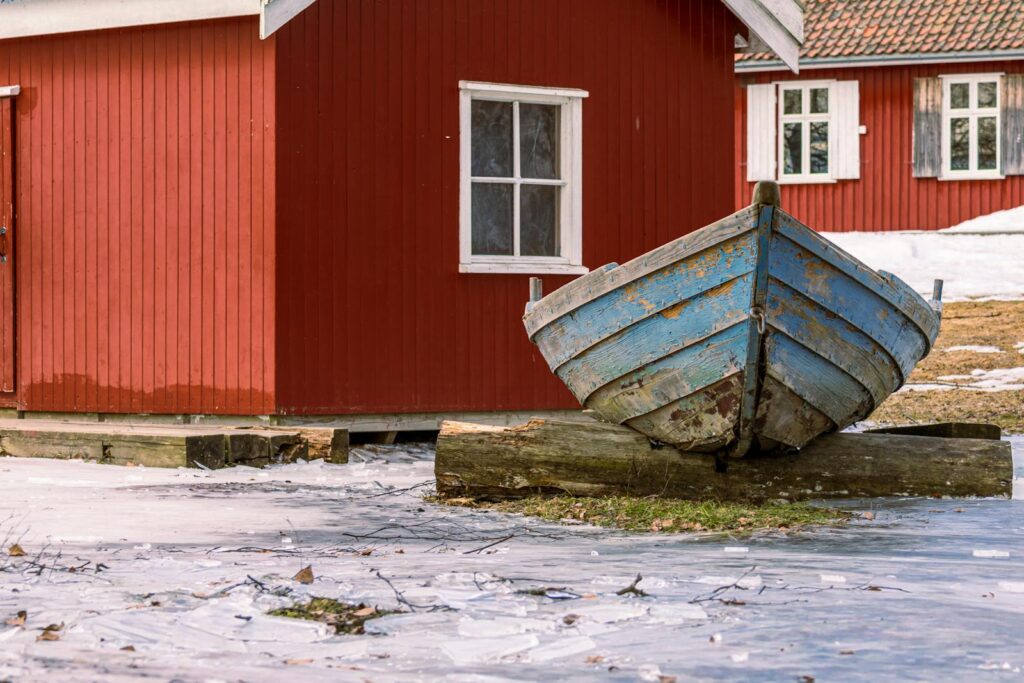
Legitimate fishing lodges typically share regular fishing reports or season summaries that provide valuable information about catch rates and sizes throughout their operating season. While reviewing these reports, look for transparency and realism rather than constant claims of trophy catches, as honest reporting suggests a lodge that values integrity. Ask specific questions about catch rates during your planned visit time, including how many fish guests typically catch per day and what size range you can reasonably expect.
Be wary of guarantees that seem too good to be true, as ethical operations will acknowledge that fishing success depends on many factors including weather, water conditions, and angler skill level. Quality lodges focus on the overall experience rather than just numbers of fish caught, emphasizing conservation practices like catch-and-release to ensure sustainable fishing for future generations.
Comparing Accommodations and Amenities
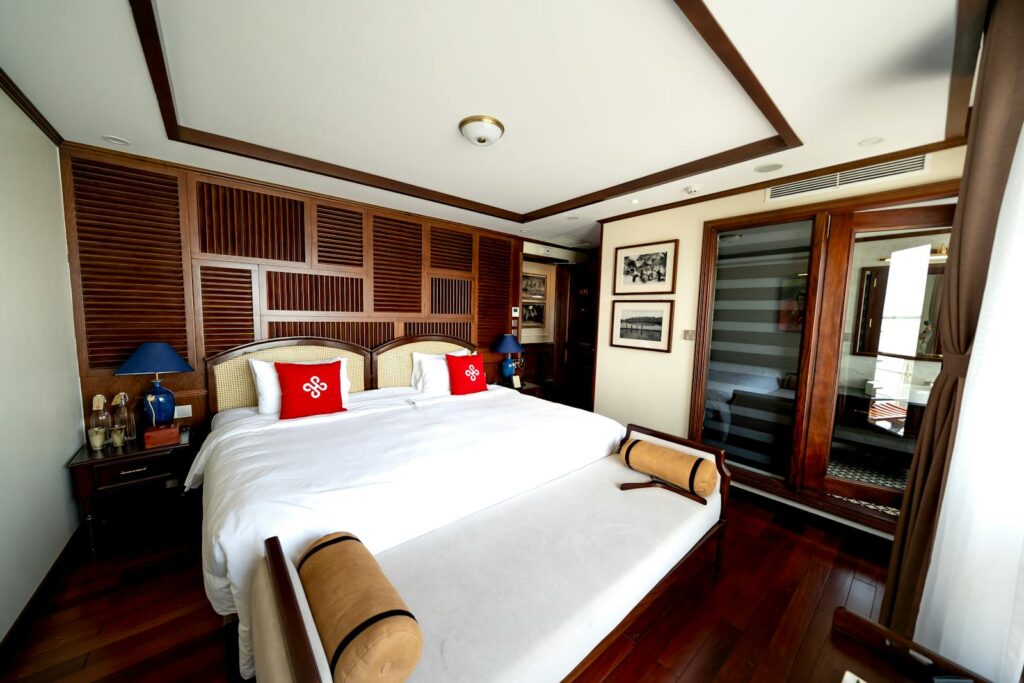
After a long day on the water, comfortable accommodations become incredibly important for rest and recovery before the next day’s adventure. Lodge accommodations range from rustic cabins with basic necessities to luxury suites with high-end finishes, so determine what level of comfort matters to you. Consider room configurations, especially if you’re traveling with family or a group, to ensure appropriate privacy and sleeping arrangements. Evaluate the dining options carefully, as quality meals are a crucial component of the all-inclusive experience – the best lodges pride themselves on excellent food prepared with fresh, often local ingredients.
Additional amenities like Wi-Fi availability, massage services, hot tubs, fitness facilities, or organized non-fishing activities can significantly enhance your stay, particularly on weather days when fishing might be limited or for non-fishing companions in your party.
Understanding Booking Timelines and Policies
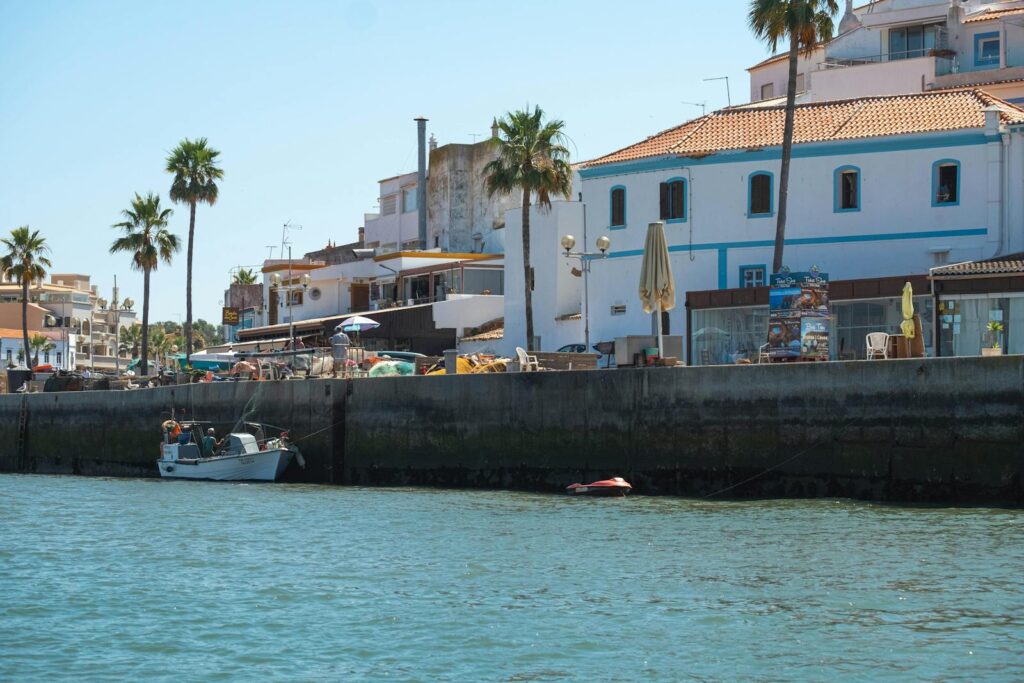
Popular fishing lodges often book up a year or more in advance, especially for prime fishing weeks during peak season, making advance planning essential. Many lodges operate on a “returning guest” policy where previous visitors get first opportunity to rebook their week for the following year, further limiting availability for new guests. Understand the deposit requirements, which typically range from 25-50% of the total package cost at the time of booking, with the balance due 60-90 days before arrival.
Carefully review cancellation policies, which become increasingly restrictive as your trip date approaches, and consider purchasing trip insurance to protect your investment against unforeseen circumstances like illness, injury, or travel disruptions. Some lodges offer waitlist options for fully booked periods, which can occasionally yield opportunities if cancellations occur.
Communicating Special Requirements

Clear communication about any special requirements is crucial when booking your fishing lodge experience to ensure your needs can be accommodated. Dietary restrictions or food allergies should be discussed well in advance, as remote lodges may need time to arrange appropriate alternatives or ingredients. Medical conditions that might require special consideration, such as mobility issues, need for refrigerated medications, or susceptibility to motion sickness, should be disclosed during the booking process. If you’re a beginner who needs extra instruction or an experienced angler seeking specific technical fishing opportunities, communicating these preferences helps the lodge pair you with appropriate guides.
For international destinations, inquire about language barriers – while many fishing guides worldwide speak sufficient English for basic communication, some lodges provide guides with stronger language skills upon request.
Preparing the Right Documentation
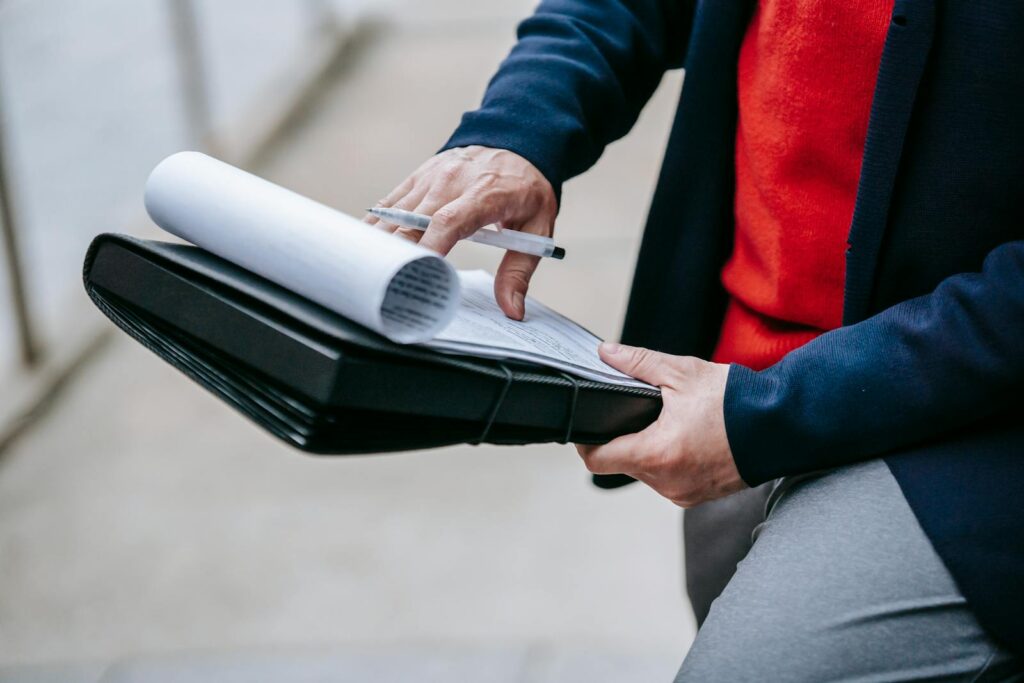
Proper documentation is essential for a smooth fishing vacation, particularly for international destinations. Check passport requirements carefully, ensuring your passport will remain valid for at least six months beyond your travel dates, as many countries enforce this rule strictly. Research fishing license requirements for your destination, noting that some lodges include license costs in their packages while others require you to purchase licenses separately before arrival. For international fishing trips, determine whether you need to bring specific certifications or documentation for transporting fishing equipment across borders.
If traveling to remote locations, consider carrying printed copies of your booking confirmation, lodge contact information, and travel insurance details, as digital access may be unreliable. Additionally, some countries require proof of vaccinations or health insurance for entry, so research these requirements well in advance of your trip.
Planning Transportation Logistics

Transportation to fishing lodges often involves multiple stages, especially for remote destinations, requiring careful coordination. Research the best flight options to your destination, keeping in mind that smaller regional airports closer to fishing areas may save considerable transit time compared to major hubs, despite potentially higher ticket prices. Understand all transfer arrangements between airports and the lodge, including who is responsible for booking these connections and whether they’re included in your package price. For road transfers, confirm driving times and road conditions, particularly for remote locations where unpaved roads might present challenges during certain seasons.
If your journey involves boat transfers to island or coastal lodges, inquire about typical water conditions and contingency plans for rough weather that might delay transportation.
Making Final Preparations
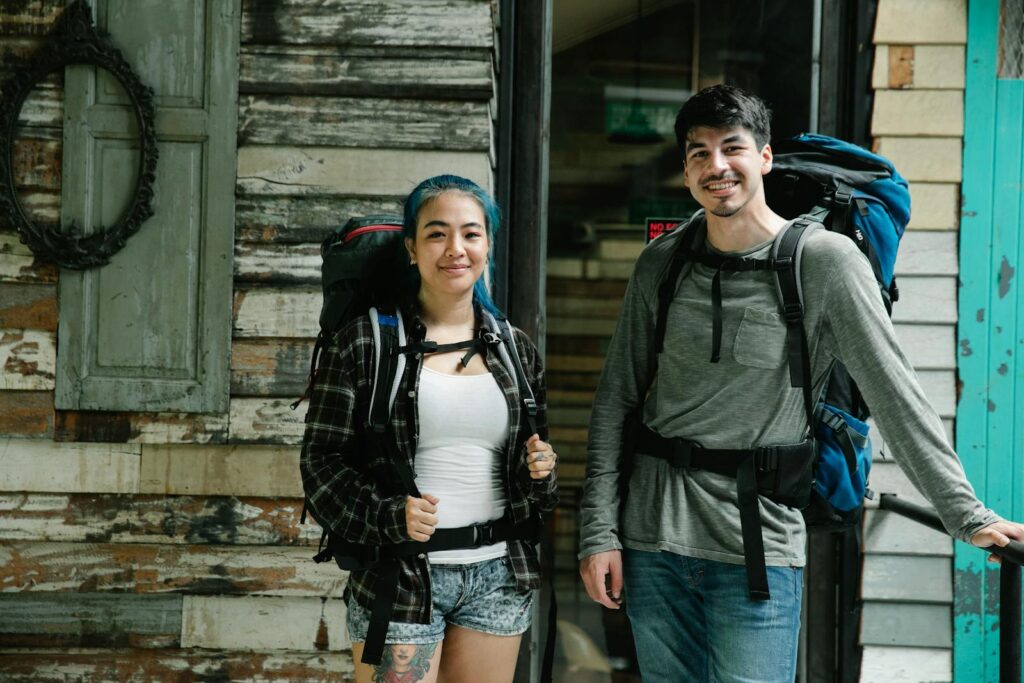
As your fishing trip approaches, several final preparations will ensure you’re fully ready for your adventure. Create a comprehensive packing list based on the lodge’s recommendations, climate expectations, and fishing conditions, including appropriate clothing layers, sun protection, and any personal fishing gear you prefer to use. Arrange for someone to handle your responsibilities at home, such as mail collection, pet care, or plant watering during your absence. Set up appropriate communication plans, recognizing that many remote fishing locations have limited cell service or internet connectivity – inform important contacts about potential communication limitations and establish check-in protocols if necessary.
Review any pre-trip information provided by the lodge, which often includes valuable tips about local conditions, recommended equipment, and what to expect upon arrival.
Maximizing Your Experience Once Booked
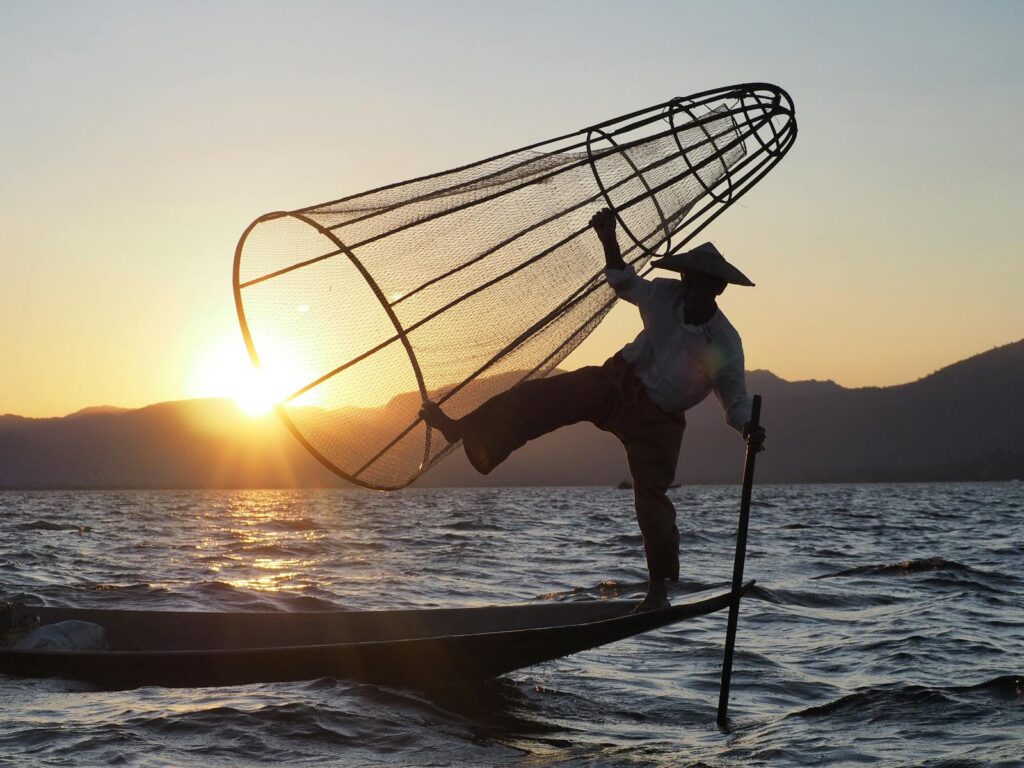
After securing your reservation, several strategies can help maximize your upcoming fishing experience. Build excitement and knowledge by reading books or watching videos about fishing techniques specific to your destination and target species. Consider scheduling a casting lesson with a local instructor if you’ll be fly fishing, as improving your skills before the trip will increase your success and enjoyment on the water. Connect with the lodge periodically before your trip to stay informed about current fishing conditions or any facility updates. Create a list of questions for your guides about local fishing strategies, ecosystems, and wildlife to enhance your learning experience during the trip.
Finally, adopt a flexible mindset, recognizing that weather, water conditions, and fish behavior are unpredictable variables – the most rewarding fishing experiences often come from embracing the adventure rather than fixating on specific outcomes.
Conclusion
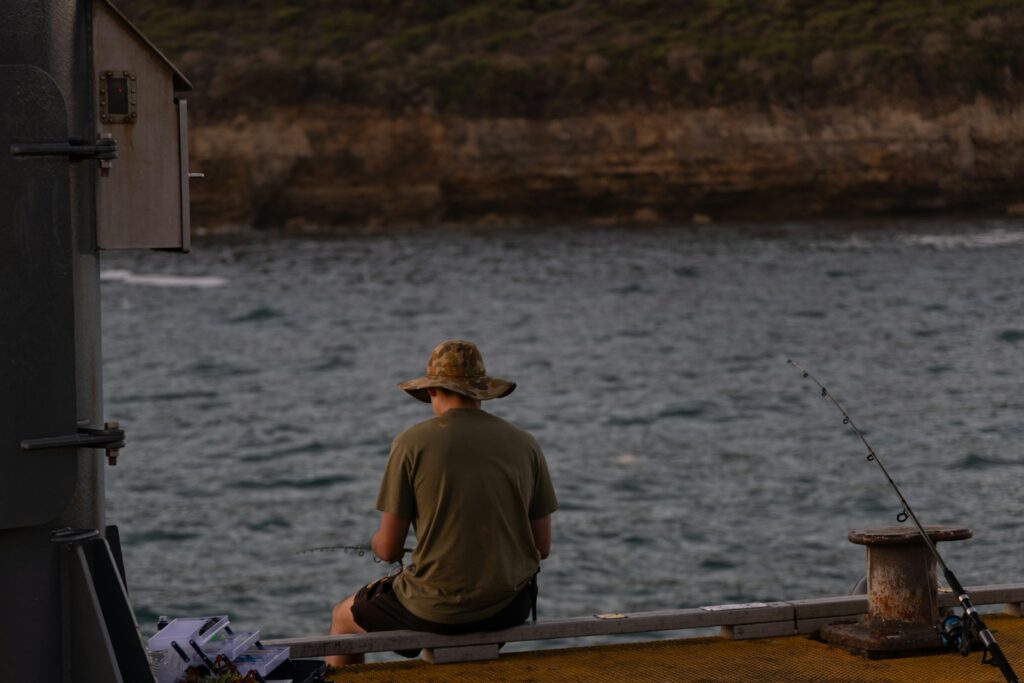
Booking an all-inclusive fishing lodge experience represents more than just a vacation—it’s an investment in memories and experiences that connect you deeply with nature and the ancient art of angling. By thoroughly researching your options, clearly communicating your preferences, and preparing properly, you set the stage for an exceptional adventure. Whether you’re stalking bonefish on tropical flats, casting to rising trout on misty rivers, or battling powerful offshore species, the right fishing lodge provides the expertise, comfort, and access that transforms a good fishing trip into an extraordinary one.
As you plan your journey, remember that the anticipation is part of the pleasure—each step bringing you closer to that perfect moment when you feel the tug on your line in a beautiful, wild place far from everyday concerns.
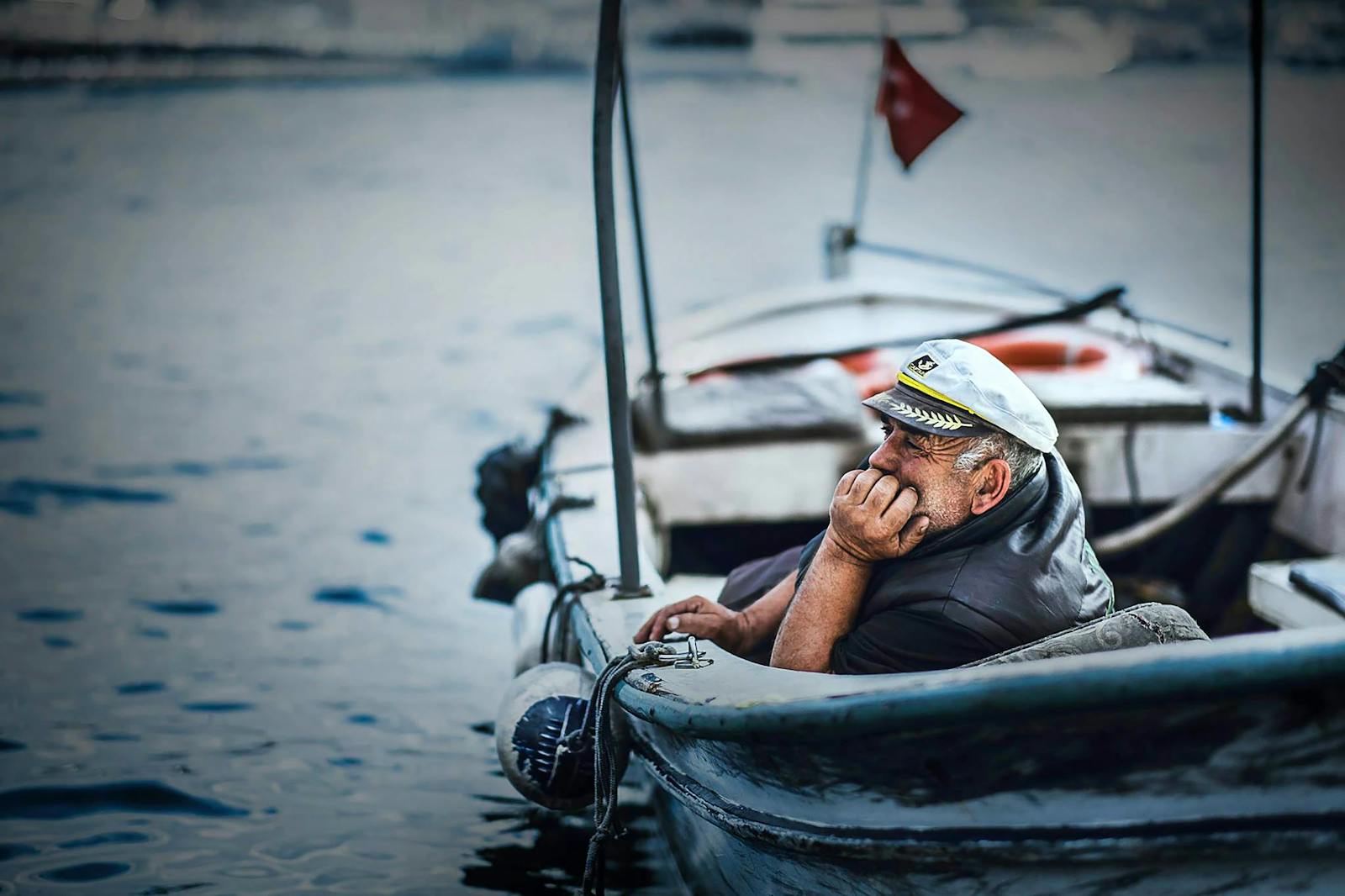
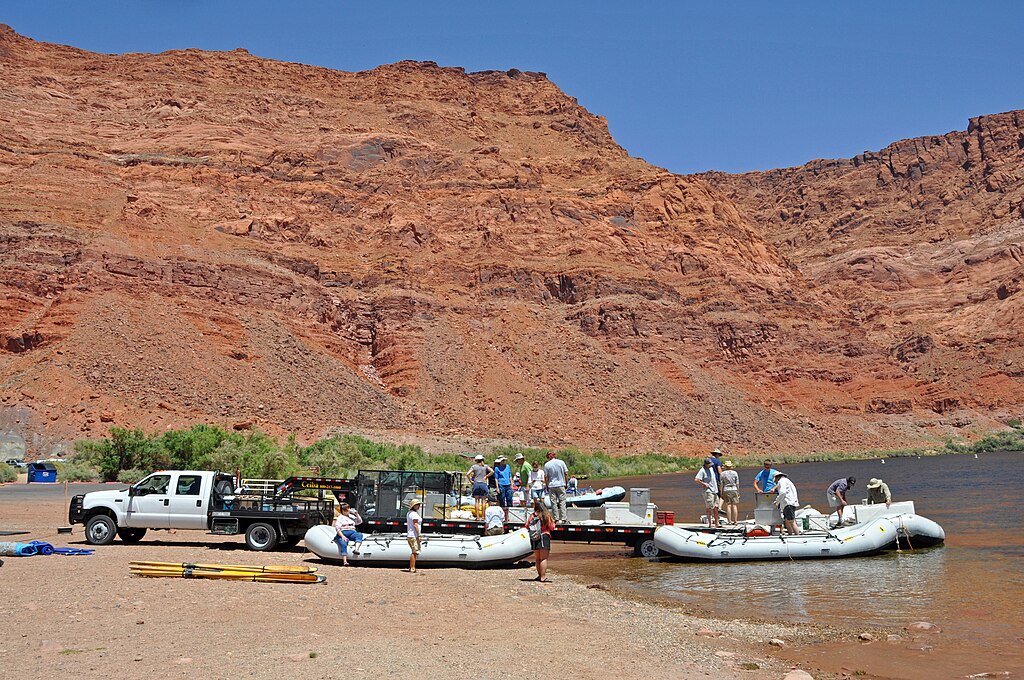

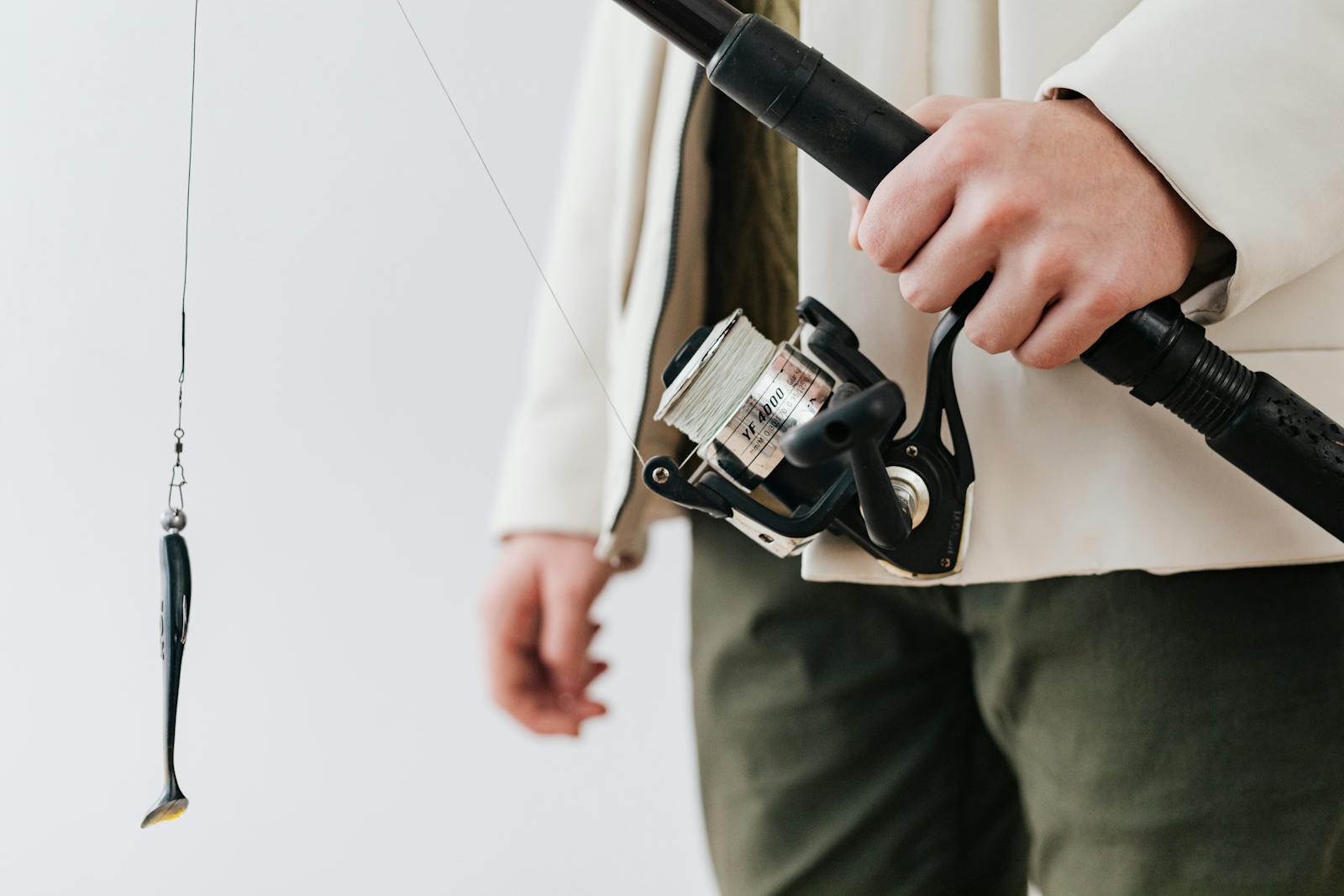
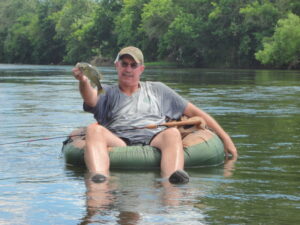
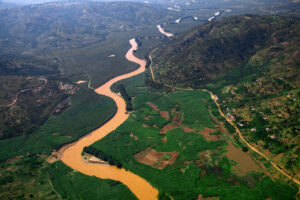








Post Comment